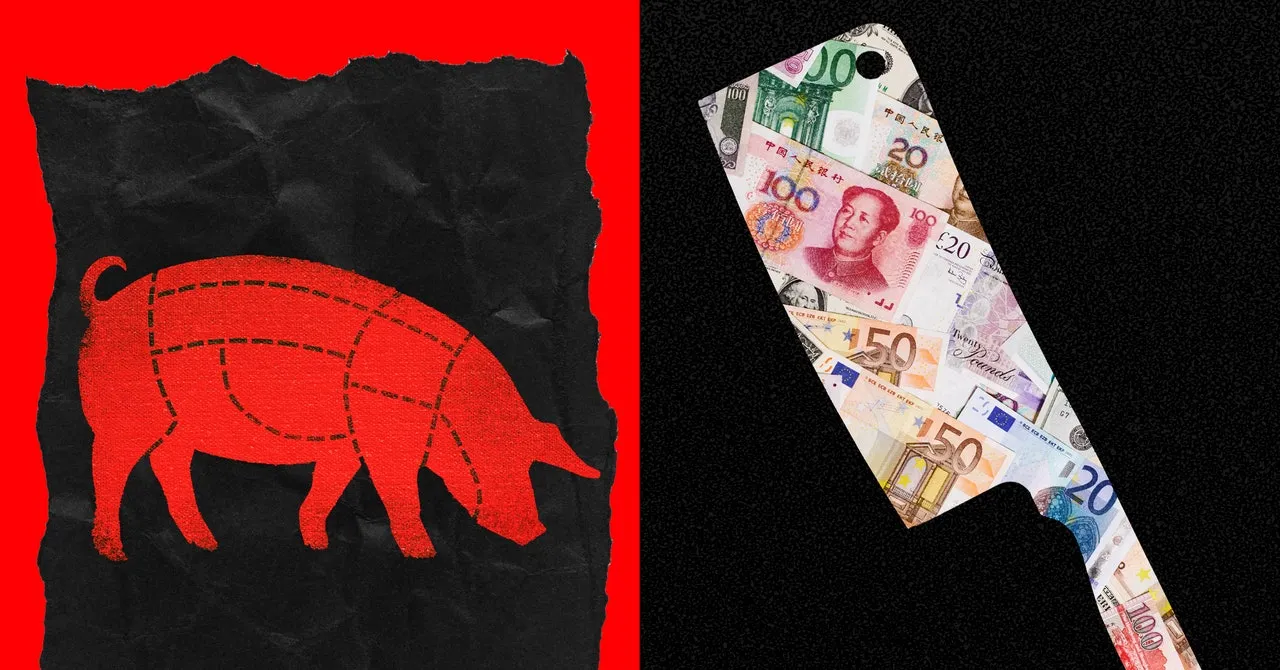Crime in China: Unraveling the Global Pig Butchering Cybersecurity Epidemic

Understanding the Emerging Threats from Organized Crime
Crime in China isn't just a local issue; it has evolved into a global crisis with pig butchering scams infiltrating various regions. As organized crime adapts tactics to exploit cybersecurity weaknesses, regions like Nigeria emerge as significant contributors. The FBI's estimates indicate nearly $4 billion in losses attributed to these scams, highlighting the urgency for cybersecurity measures.
Global Proliferation of Pig Butchering Schemes
Recent findings suggest a sharp increase in pig butchering operations across Africa and other continents. Reports indicate that >200,000 individuals have fallen prey, revealing the dark side of this growing threat.
- Major centers for these.operations include:
- Dubai - Notably a primary hub for pig butchering outside of Southeast Asia.
- Nigeria - A locus for adapting modern tactics to hijack unsuspecting victims.
- Namibia and Zambia - Reports of similar operations linked to international scam centers.
Impact of Organized Crime on Global Security
Crime networks are capitalizing on inadequate governance and security measures, exploiting countries such as Nigeria and regions throughout Africa. As scammers utilize advanced technology and methods, the implications for global financial systems remain severe.
- Increased awareness of the scam model: Countries must invest in cybersecurity frameworks.
- Law enforcement challenges: Heightened focus on organized crime adaptability.
- Proactive measures necessary: Global collaborative efforts for investigation and mitigation.
Conclusion: A Call for Global Action
The international community must intervene to deter this escalating crime trend before it becomes further ingrained. Cybersecurity strategies must evolve rapidly in response to these threats to secure vulnerable populations across continents.
This article was prepared using information from open sources in accordance with the principles of Ethical Policy. The editorial team is not responsible for absolute accuracy, as it relies on data from the sources referenced.